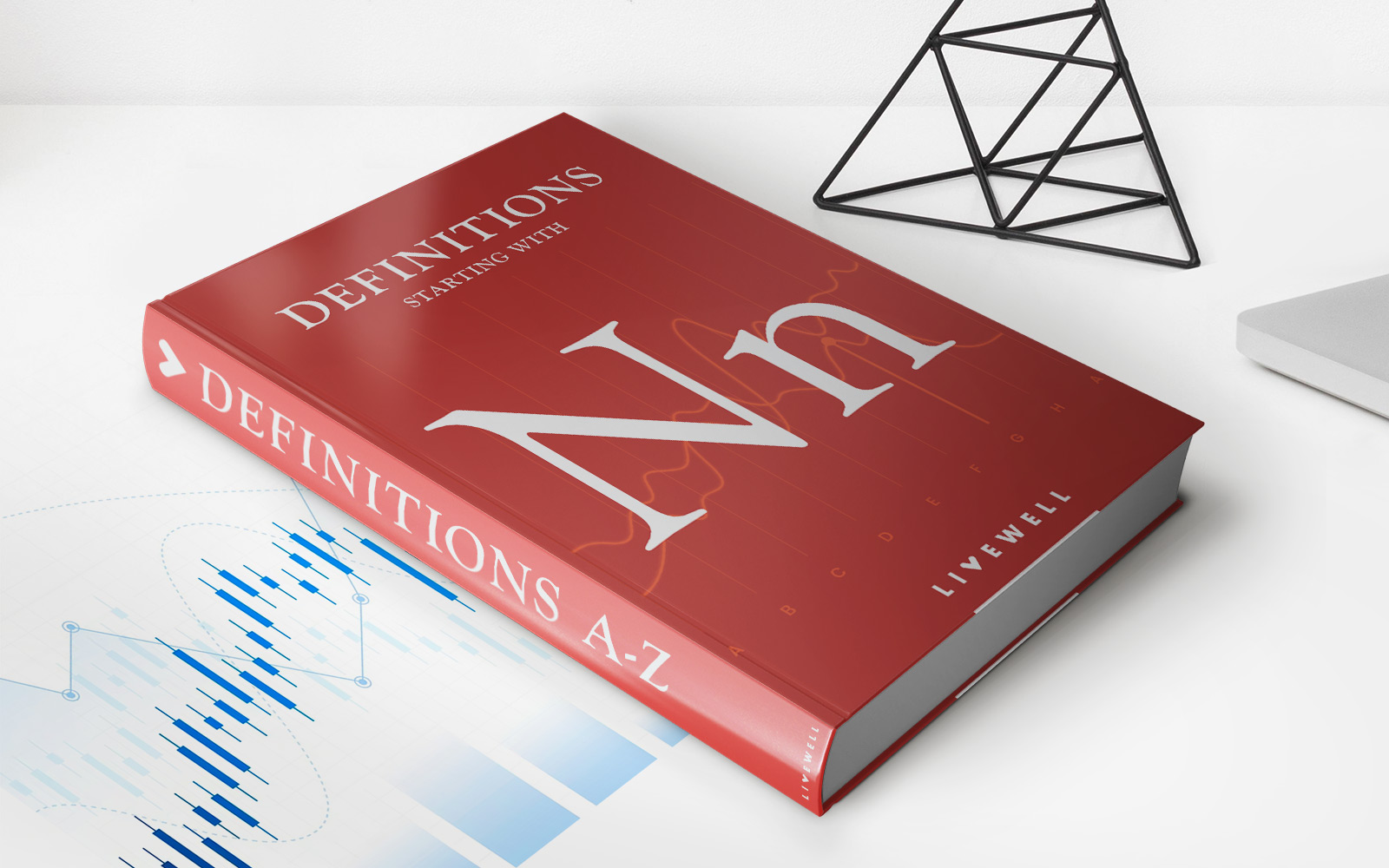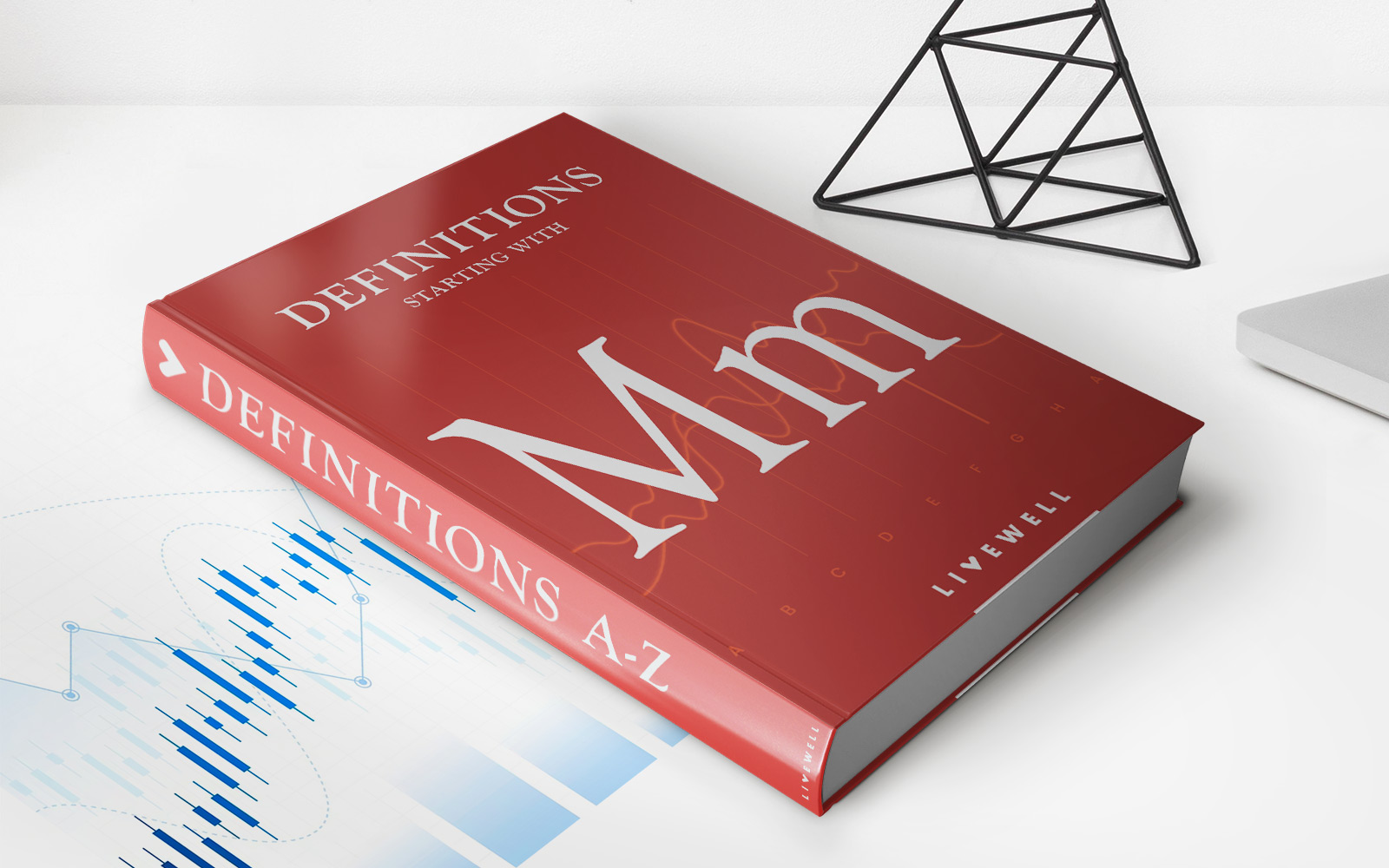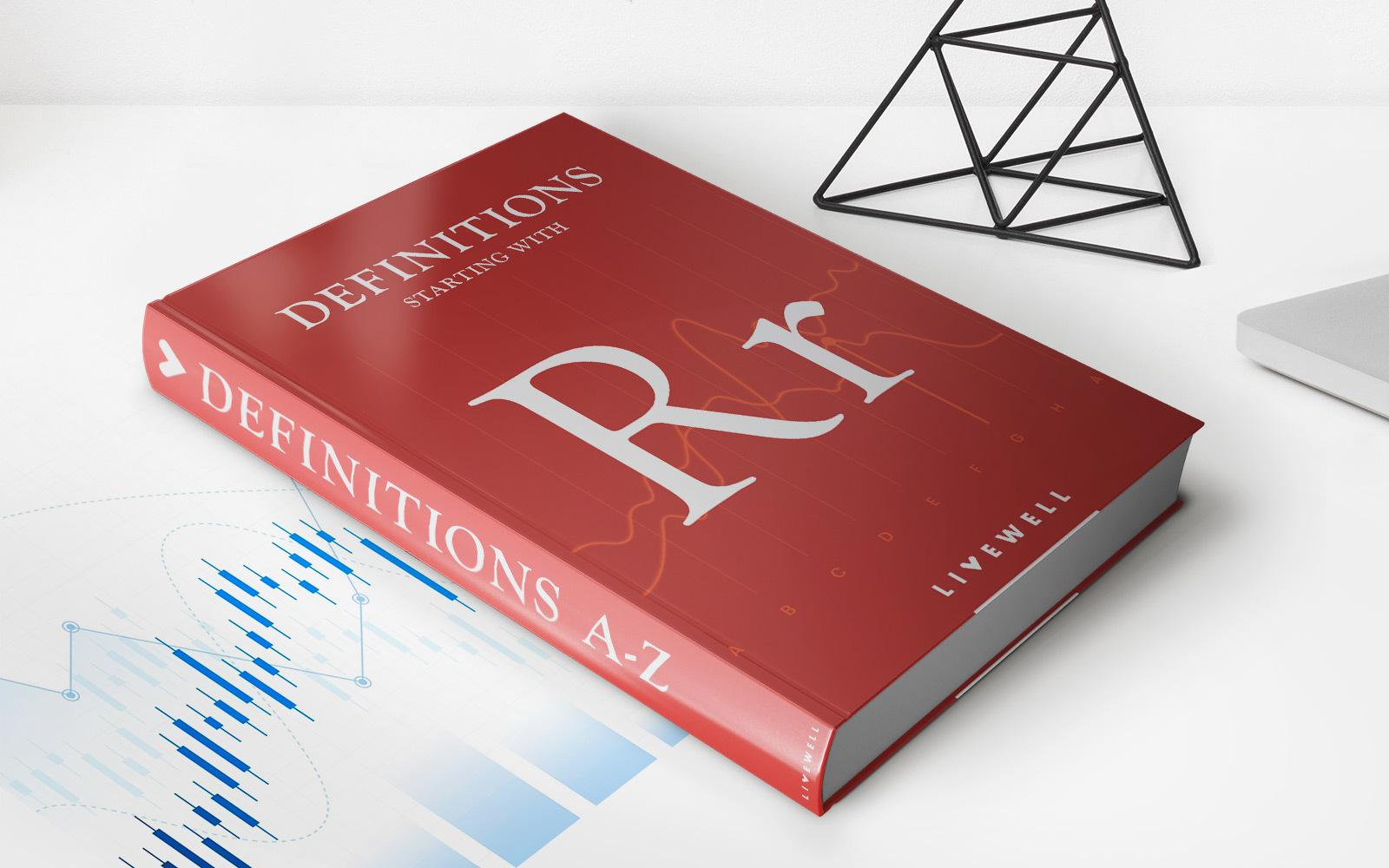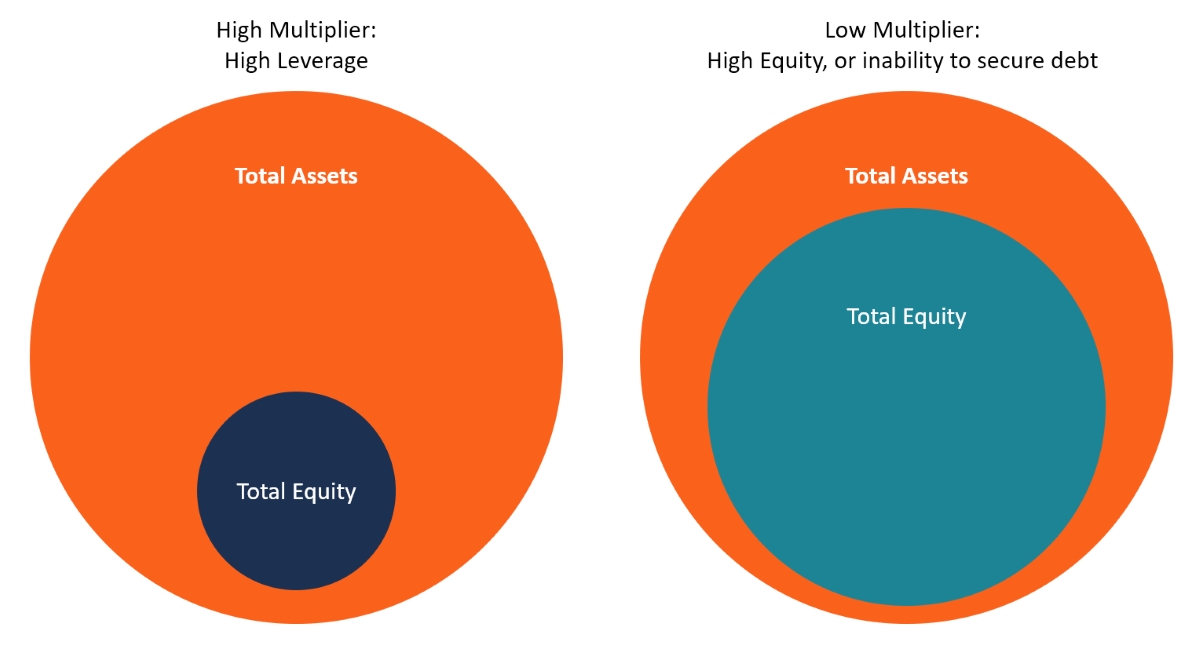Home>Finance>Resource Curse: Definition, Overview And Examples
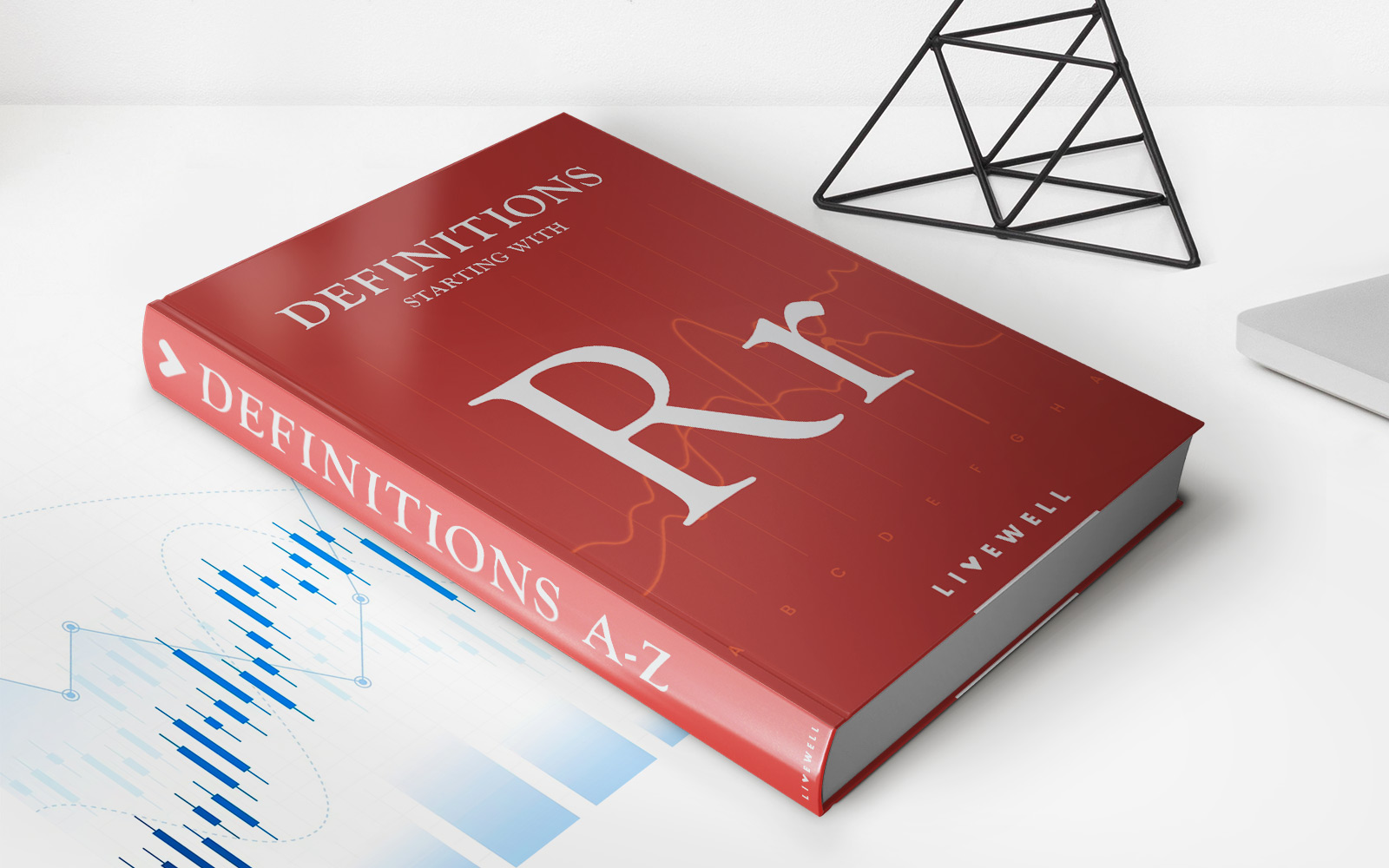

Finance
Resource Curse: Definition, Overview And Examples
Published: January 19, 2024
Learn about the resource curse phenomenon in finance, including its definition, overview, and real-world examples.
(Many of the links in this article redirect to a specific reviewed product. Your purchase of these products through affiliate links helps to generate commission for LiveWell, at no extra cost. Learn more)
Understanding Resource Curse: Definition, Overview and Examples
Welcome to the Finance category of our blog! Today, we are diving into the fascinating topic of Resource Curse. Have you ever wondered why some resource-rich countries struggle with poor economic development? Why does the abundance of natural resources sometimes act as a curse rather than a blessing? In this blog post, we will explore the definition, overview, and examples of the Resource Curse phenomenon. Let’s dive in!
Key Takeaways:
- Resource Curse refers to the paradoxical situation where countries blessed with abundant natural resources suffer from economic underperformance and social instability.
- The Resource Curse is often attributed to factors such as corruption, economic mismanagement, overreliance on a single commodity, and lack of diversification.
What is Resource Curse?
Resource Curse, also known as the “Paradox of Plenty” or “Dutch Disease,” is a term used to describe the negative impact of abundant natural resources on a country’s economy. It refers to the phenomenon where countries rich in valuable resources, such as oil, gas, minerals, or even precious stones, experience slower economic growth and increased social problems compared to resource-poor countries.
But why does this happen? The answer lies in the various challenges that come hand in hand with the exploitation of natural resources. Here are some factors that contribute to the Resource Curse:
- Corruption: Resource-rich countries often face high levels of corruption, as the vast revenues generated from resources can fuel unethical practices and power struggles. This corruption hampers economic development and siphons off resources that could have been invested in social and infrastructural development.
- Economic Mismanagement: Some governments fail to effectively manage the revenues derived from natural resources, leading to inefficiencies, wasteful spending, and inadequate investments in other sectors of the economy. This mismanagement can hinder diversification and undermine long-term economic stability.
- Overreliance on a Single Commodity: Resource-dependent economies often face the risk of overreliance on a single commodity. This lack of diversification exposes them to fluctuating global prices, making their economy vulnerable to market volatility. When the prices of resources plummet, the entire economy suffers.
- Lack of Diversification: Failure to diversify the economy by investing in other sectors, such as manufacturing, agriculture, or services, leaves resource-rich countries highly vulnerable to economic shocks. Lack of diversification hinders sustainable economic growth and job creation.
Examples of Resource Curse
The Resource Curse has afflicted several countries around the world throughout history. Here are a few notable examples:
- Nigeria: Despite being Africa’s largest oil producer, Nigeria has struggled with widespread poverty, rampant corruption, and underdeveloped infrastructure. The country’s overreliance on oil revenues has hindered economic diversification and led to social and political instability.
- Venezuela: With one of the world’s largest oil reserves, Venezuela has experienced severe economic turmoil, hyperinflation, and scarcity of basic necessities. The country’s over-dependence on oil revenues and economic mismanagement have led to a sharp decline in standards of living.
- Democratic Republic of Congo (DRC): Despite being rich in minerals like gold, copper, and cobalt, the DRC has struggled with persistent poverty, armed conflict, and political instability. The exploitation of natural resources has fueled corruption and financed rebel groups, hindering the country’s development.
Conclusion
The Resource Curse is a complex phenomenon that sheds light on the challenges faced by resource-rich nations. It serves as a reminder that the presence of abundant natural resources does not guarantee economic prosperity and social stability. To overcome the curse, countries need to focus on effective governance, diversification strategies, and transparent management of resource revenues. Only then can they convert their resources into sustainable wealth for the benefit of their people.
